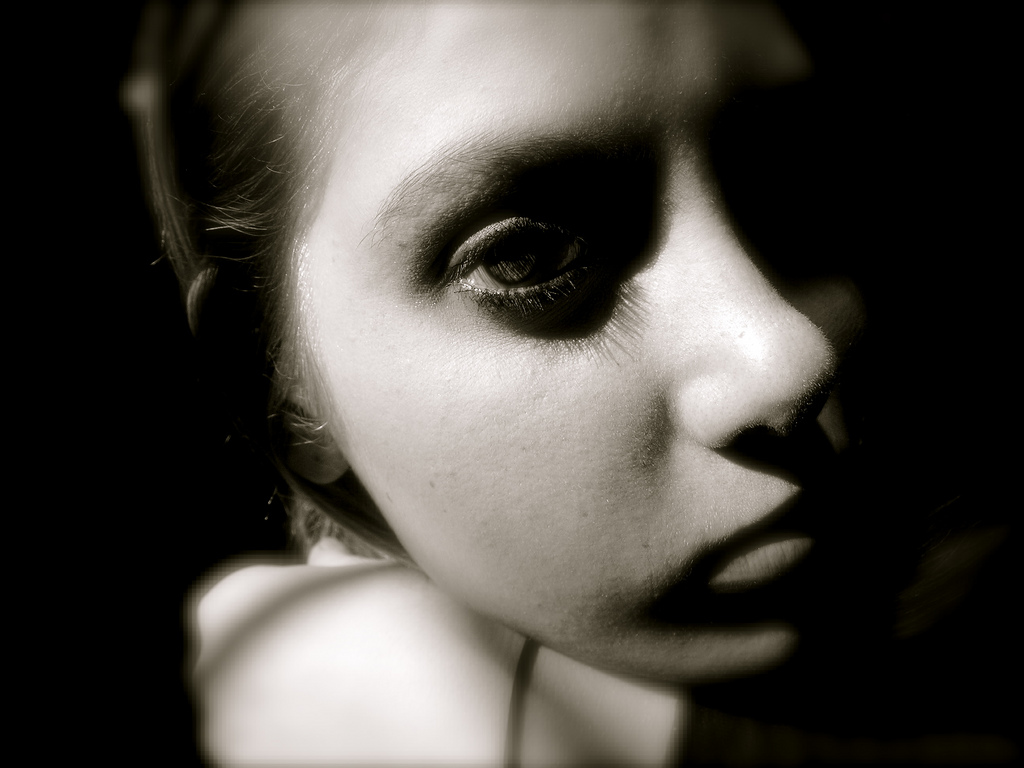When I sit down to talk with the parents of a teen who is struggling with an eating disorder, one of the first questions that comes up is “Who’s to blame?” Faced with this question, many parents wonder what they did wrong that caused their child to resort to such behaviors. And then there is also the less-talked-about but equally common response, where parents find themselves becoming angry at their teen for “choosing” such behavior. So we need to ask: who is actually to blame for your teen’s eating disorder?
Why Parents are Not to Blame for their Teen’s Eating Disorder
Are there things that you could do better as a parent? Yes. Is it possible that there are dynamics in your family that  have contributed to your teen’s struggles? Yes. But if every teen who had imperfect parents developed an eating disorder, every teen in the world would have one. The reality is that eating disorders are complex and multi-dimensional, and we cannot point to any single contributor, including an imperfect parent. Moreover, deciding that you are to blame for your teen’s eating disorder doesn’t help your teen to recover. For many parents, self-blame leads to one of two outcomes: they either feel defeated, discouraged and powerless, or they feel frantic and desperate to fix it and make it go away. Instead of taking the blame, take responsibility for areas where you can improve as a parent, and reach out for help for both yourself and your teen.
have contributed to your teen’s struggles? Yes. But if every teen who had imperfect parents developed an eating disorder, every teen in the world would have one. The reality is that eating disorders are complex and multi-dimensional, and we cannot point to any single contributor, including an imperfect parent. Moreover, deciding that you are to blame for your teen’s eating disorder doesn’t help your teen to recover. For many parents, self-blame leads to one of two outcomes: they either feel defeated, discouraged and powerless, or they feel frantic and desperate to fix it and make it go away. Instead of taking the blame, take responsibility for areas where you can improve as a parent, and reach out for help for both yourself and your teen.
Why your Teen is Not to Blame for Her Eating Disorder
Eating disorders can be difficult to understand, particularly when your honest, down-to-earth teen becomes increasingly irritable and deceptive. It can be a challenge for parents not to blame their teen for repeatedly making choices toward self-harm. however, eating disorders are more complex than they appear to be. The irritability, deception, or apparent vanity that your teen expresses is actually the mark of an intense internal struggle that she faces daily. And the chances are that your teen doesn’t understand this struggle any more than you do. What she does know is that the voice in her head telling her to cut calories and run an extra mile is extremely compelling – and that can be a very scary thing. So, instead of blaming your teen, try to understand what her struggle is like: learn to empathize with your daughter’s feelings and her internal struggle, without condoning or supporting her behaviors.
Don’t Ask Who is to Blame for an Eating Disorder
I don’t often give direct advice, but I feel pretty strongly about this: if you are the parent of a teen with an eating disorder, try not to ask your teen what you did wrong to cause this. Or, if you have asked that question already, try not to come back to it. The chances are that your teen doesn’t know what you did wrong, nor does she fully understand why she struggles with this disorder. What is more, by asking this question you risk setting a precedent for distributing blame. When your teen hears that someone needs to be blamed for this, and she doesn’t think it’s you, the only other person left is herself.
Christian Counseling Can Help You to Deal with Your Teen’s Eating Disorder
Eating Disorder
Instead of asking “Who is to blame?” ask “How can I help?” and “How can I understand better?” Your teen probably won’t have answers to these questions and she may even give you some unhelpful advice, such as “leave me alone” or “don’t worry about it.” So instead of expecting answers from your teen, considering discussing your concerns with an experienced Christian counselor, or getting involved in a parent support group. “How can I understand better?” is probably not a direct question for your teen, but is rather a question to help you to develop a posture of seeking empathy rather than blame. Finally, make sure that you, your daughter and the rest of your family receive the necessary support and guidance. Professional Christian counselors are trained to provide such help to individuals and families in the process of recovery. If you are concerned that your teen may have an eating disorder and you have yet to reach out for help, give me a call . I would be happy to talk with you about getting connected.
Photos
Images are by greyerbaby and charmaineswart from morguefiles.com




